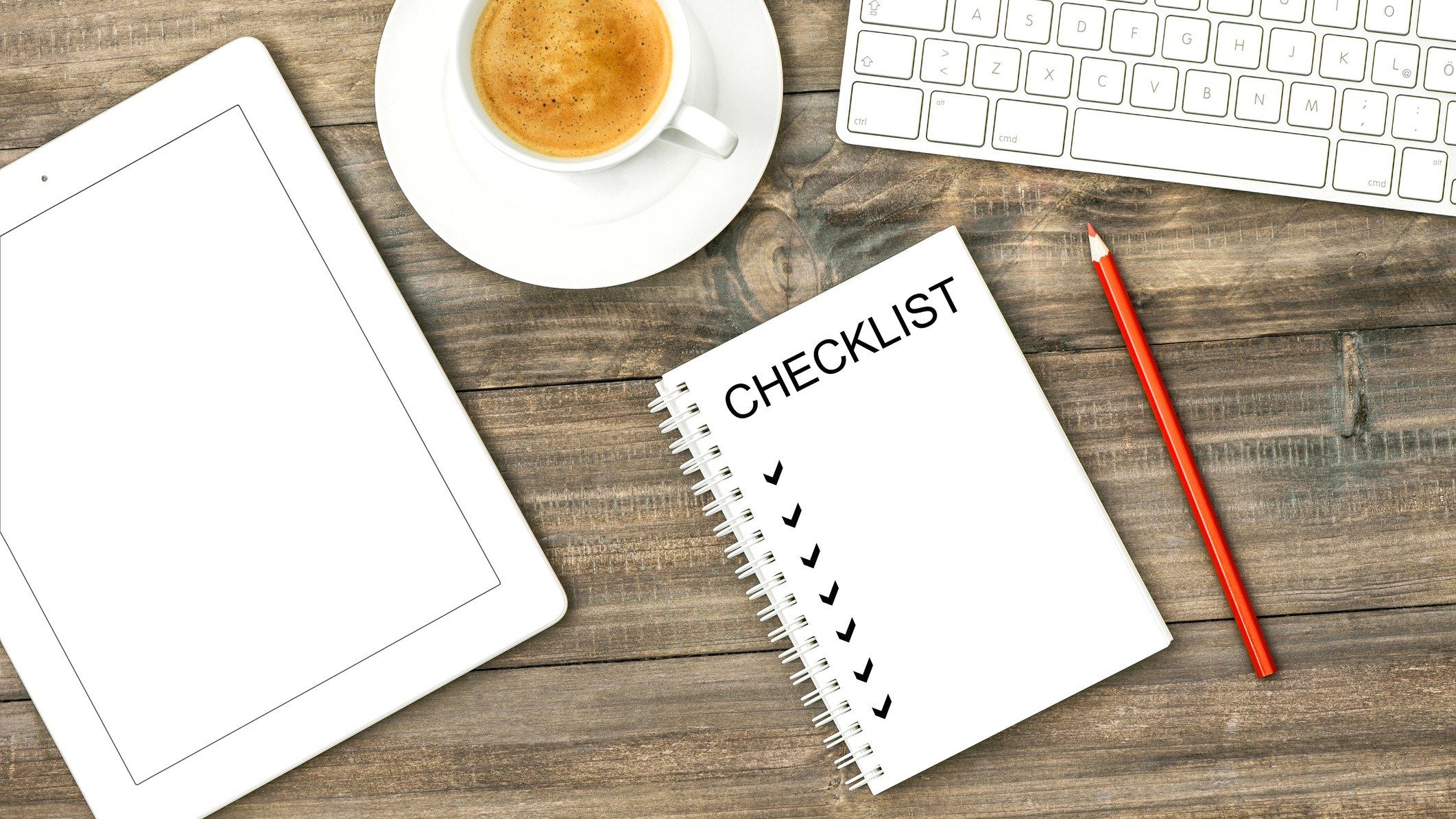
- calendar_month June 19, 2024
- folder Tips
Buying a home is one of the most significant financial decisions you'll make in your lifetime. Whether you’re a first-time buyer or an experienced homeowner, the process can be both exciting and overwhelming. To help you navigate this journey, we’ve created an essential checklist for homebuyers. This comprehensive guide will ensure you're well-prepared for every step of the homebuying process.
1. Assess Your Financial Health
Evaluate Your Budget
- Calculate Your Savings: Determine how much you have saved for a down payment and closing costs.
- Review Your Income: Understand your monthly income and how much you can comfortably allocate towards a mortgage payment.
- Debt-to-Income Ratio: Lenders typically prefer a debt-to-income ratio below 36%. Calculate yours to see where you stand.
Check Your Credit Score
- Obtain Your Credit Report: Check your credit score and report from major credit bureaus.
- Fix Any Errors: Dispute any inaccuracies on your credit report to improve your score.
- Improve Your Credit: Pay down debts and avoid opening new credit lines to boost your score.
Get Pre-Approved for a Mortgage
- Choose a Lender: Research and compare lenders to find the best rates and terms.
- Gather Documents: Prepare documents such as tax returns, pay stubs, and bank statements.
- Pre-Approval Letter: Obtain a pre-approval letter to demonstrate to sellers that you’re a serious buyer.
2. Define Your Needs and Wants
Create a Wishlist
- Must-Haves: List essential features such as the number of bedrooms, bathrooms, and proximity to work or schools.
- Nice-to-Haves: Identify desirable features that aren’t deal-breakers, like a large backyard or modern kitchen.
- Future Needs: Consider long-term needs, such as space for a growing family or home office.
Choose a Location
- Neighborhood Research: Investigate different neighborhoods and their amenities.
- School Districts: If you have children or plan to, research local school ratings.
- Commute Times: Factor in the distance and commute time to work or other frequently visited places.
3. Start Your Home Search
Hire a Real Estate Agent
- Find a Trusted Agent: Look for an agent with good reviews and local market knowledge.
- Discuss Your Criteria: Clearly communicate your budget and wishlist to your agent.
Attend Open Houses and Showings
- Visit Multiple Homes: Compare different properties to get a sense of what’s available in your price range.
- Take Notes: Keep track of the properties you visit, noting pros and cons of each.
Evaluate Each Property
- Condition of the Home: Look beyond aesthetics to evaluate the condition of major systems (roof, plumbing, electrical).
- Resale Value: Consider the potential resale value of the property based on location and market trends.
4. Make an Offer
Determine Your Offer Price
- Market Analysis: Your agent can provide a comparative market analysis (CMA) to help you decide on an offer price.
- Budget Considerations: Ensure your offer aligns with your budget and pre-approval amount.
Negotiate Terms
- Offer Letter: Submit a formal offer letter, including your offer price and any contingencies (financing, inspection).
- Counteroffers: Be prepared to negotiate with the seller to reach mutually agreeable terms.
5. Conduct Due Diligence
Home Inspection
- Hire an Inspector: Choose a licensed home inspector to evaluate the property’s condition.
- Review the Report: Carefully review the inspection report and address any major issues with the seller.
Appraisal
- Lender Appraisal: Your lender will require an appraisal to ensure the home’s value matches the loan amount.
- Review Results: If the appraisal is lower than the offer, you may need to renegotiate the price or increase your down payment.
Secure Financing
- Final Approval: Submit all required documents to your lender for final loan approval.
- Lock in Interest Rate: Lock in your interest rate to protect against market fluctuations.
6. Close the Deal
Final Walkthrough
- Inspect the Property: Conduct a final walkthrough to ensure the home is in the agreed-upon condition.
- Verify Repairs: Confirm that any agreed-upon repairs have been completed.
Closing Day
- Review Documents: Carefully review all closing documents, including the mortgage agreement and title.
- Sign Papers: Sign the necessary documents to transfer ownership of the property.
- Receive Keys: Once the paperwork is complete, you’ll receive the keys to your new home.
7. After the Purchase
Move-In Preparation
- Plan Your Move: Schedule movers and arrange for utilities to be set up in your new home.
- Update Address: Notify important parties (employer, bank, postal service) of your new address.
Home Maintenance
- Regular Upkeep: Create a maintenance schedule for routine tasks like HVAC servicing and gutter cleaning.
- Emergency Fund: Set aside funds for unexpected repairs and maintenance costs.
Buying a home is a complex process, but with this checklist, you’ll be well-equipped to make informed decisions every step of the way. Happy house hunting!
Remember to call Serge at 818-534-7376 for any additional assistance or inquiries.
